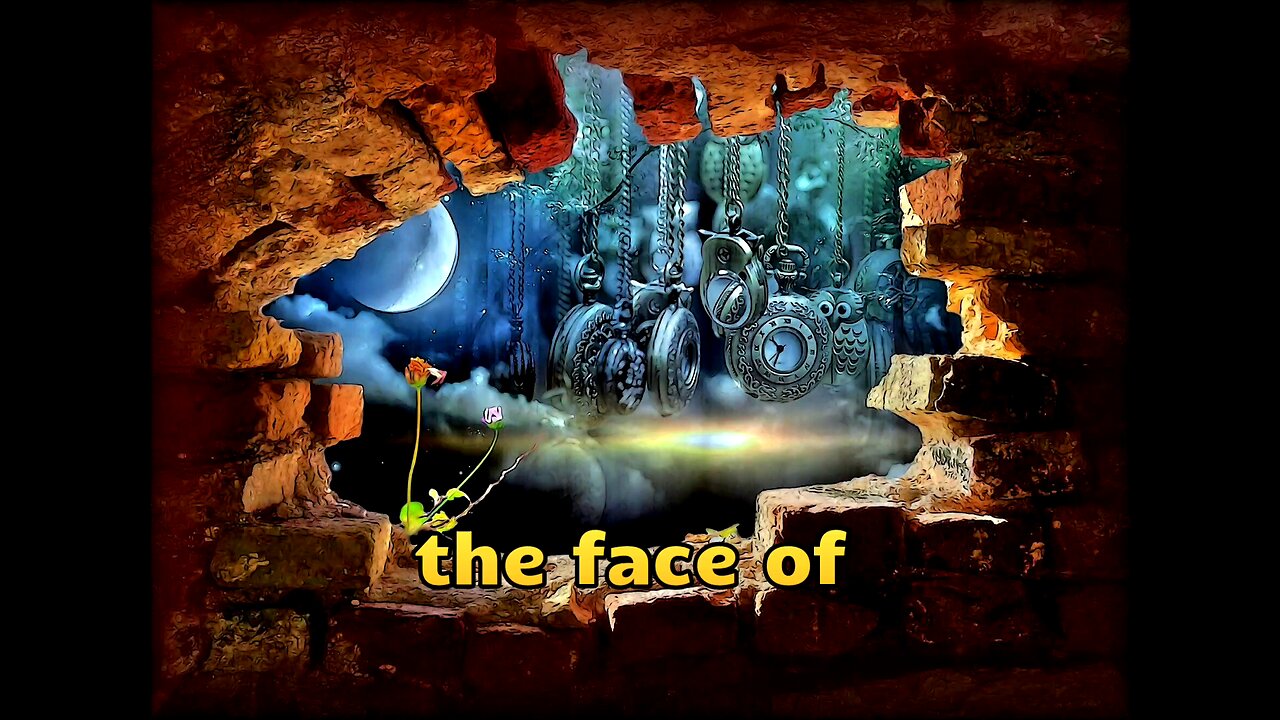Premium Only Content

Things Fall Apart, Still Does
Achebe #ThingsFallApart #ColonialLegacy #CulturalErosion #ModernTragedy #PostcolonialTruths #GlobalSouthVoices #HeritageVsProgress #MasculinityDebate #LiteratureSpeaks
Things Fall Apart remains a timeless exploration of cultural collision, tracing the rise and fall of Okonkwo’s world in pre‐colonial Igbo society and probing the seismic impact of British colonialism. Chinua Achebe crafts a narrative that not only contests reductive Western portrayals of Africa but also speaks directly to our era of swift change and fractured identities.
Okonkwo personifies the tension between personal ambition and communal expectation. Haunted by his father’s failures, he exalts strength and rejects vulnerability, fueling conflicts both domestic and civic. As Umuofia’s traditions crack under external pressures, his tragic downfall mirrors the shattering of collective cohesion.
The novel’s portrayal of ritual and custom highlights the friction between time-tested practices and disruptive ideologies. From the New Yam Festival to ancestral rites, Achebe shows ceremonies as more than pageantry—they bind generations in shared meaning. Today, communities worldwide wrestle with preserving local customs in the face of globalization’s homogenizing tide.
Colonialism in Things Fall Apart exposes how power exploits narrative: labeling native beliefs “superstition” served to justify conquest. That dynamic persists in modern media, where marginalized groups often fight misrepresentation. Achebe’s work urges us to interrogate who controls the story—and whose voices remain unheard.
Gender and power play out vividly in Umuofia’s social order. Okonkwo’s rigid masculinity and disdain for anything “feminine” trap him in a cycle of violence, while women’s roles—though crucial to the economy and spirituality—remain circumscribed. In our time, movements against toxic masculinity and for gender equity echo Achebe’s challenge to cultural scripts that stifle emotional nuance.
Underpinning every life in the novel is belief in chi, a personal spiritual guardian that mediates fate and free will. Okonkwo’s defiance—even of destiny—invites us to consider how much our choices shape outcomes versus how much we remain bound by circumstance. Contemporary debates around social determinism and individual agency resonate with this age-old tension.
Community lies at the heart of Achebe’s vision. Age grades, kinship ties, and village councils form a safety net of mutual obligation. When those bonds fray—whether through exile in the novel or urban alienation today—the psychological toll becomes stark. In an era of digital isolation, the lessons of Umuofia remind us of our innate need for tangible solidarity.
Achebe’s linguistic innovation—writing English laced with Igbo idioms and proverbs—reclaims colonial speech while preserving indigenous thought patterns. This hybrid style champions multilingual expression and resists cultural erasure, inspiring writers and speakers in our globalized world to blend vernaculars confidently.
Misunderstanding fuels tragedy in Achebe’s tale. Missionaries dismiss ancestral spirits as mere superstition, blind to a worldview rich in meaning and ethics. Parallels emerge in today’s superficial tolerance, where visibility can mask genuine respect. The novel presses us to listen deeply before passing judgment on unfamiliar customs.
Cross-cultural politics in Things Fall Apart presage modern missteps in international relations. Just as Umuofia’s leaders misread colonial “justice,” today’s policymakers often discount local contexts, precipitating conflict. Achebe’s narrative serves as a masterclass in the necessity of equitable dialogue and humility in negotiation.
As nations race to modernize, Achebe’s warning rings clear: progress severed from heritage breeds alienation. Urban planners, educators, and tech innovators can heed this by weaving ancestral knowledge into new infrastructures—be they classrooms or smart cities—ensuring that advancement enriches rather than erases identity.
Ultimately, Things Fall Apart endures as both cautionary tale and source of hope. It challenges us to approach otherness with empathy, to balance resistance with adaptability, and to forge futures rooted in respect for the past. In our fractured world, Achebe’s novel lights a path toward understanding and reconciliation.
-
 6:39
6:39
DropItLikeItsScott
2 hours agoLocked In with the AIMWIN PE320 / The Red Dot That Won’t Quit
14 -
![PROSECUTOR PIRRO: Massive Drug Seizure Exposes China-Cartel Precursor Chemical Route [EP 4704]](https://1a-1791.com/video/fww1/c2/s8/1/O/H/Y/e/OHYez.0kob.1-small-PROSECUTOR-PIRRO-Massive-Dr.jpg) LIVE
LIVE
The Pete Santilli Show
1 hour agoPROSECUTOR PIRRO: Massive Drug Seizure Exposes China-Cartel Precursor Chemical Route [EP 4704]
150 watching -
 1:09:48
1:09:48
Kim Iversen
3 hours agoEPSTEIN VICTIM: We Have The Names. We'll Make The List.
32.9K57 -
 LIVE
LIVE
The Jimmy Dore Show
2 hours agoTrump’s HUGE About-Face on the COVID Vaxx! Epstein Victims Demand Justice In DC! w/ Mary Holland
9,127 watching -
 DVR
DVR
The Mel K Show
2 hours agoLive Q&A With Mel K 9-3-25
6.58K1 -
 LIVE
LIVE
Quite Frankly
6 hours agoOccult Pop Culture & The Anne Heche Mystery | Christopher Knowles 9/3/25
645 watching -
 LIVE
LIVE
The Mike Schwartz Show
3 hours agoTHE MIKE SCHWARTZ SHOW Evening Edition 09-03-2025
4,358 watching -
 1:06:42
1:06:42
TheCrucible
3 hours agoThe Extravaganza! EP: 31 (9/03/25
79.8K5 -
 LIVE
LIVE
Wayne Allyn Root | WAR Zone
7 hours agoWAR Zone LIVE | 3 SEPTEMBER 2025
96 watching -
 1:28:57
1:28:57
Redacted News
4 hours agoBREAKING! Putin's DEVASTATING news for Europe | Secret UFO Space Base in Huntsville | Redacted Live
100K107